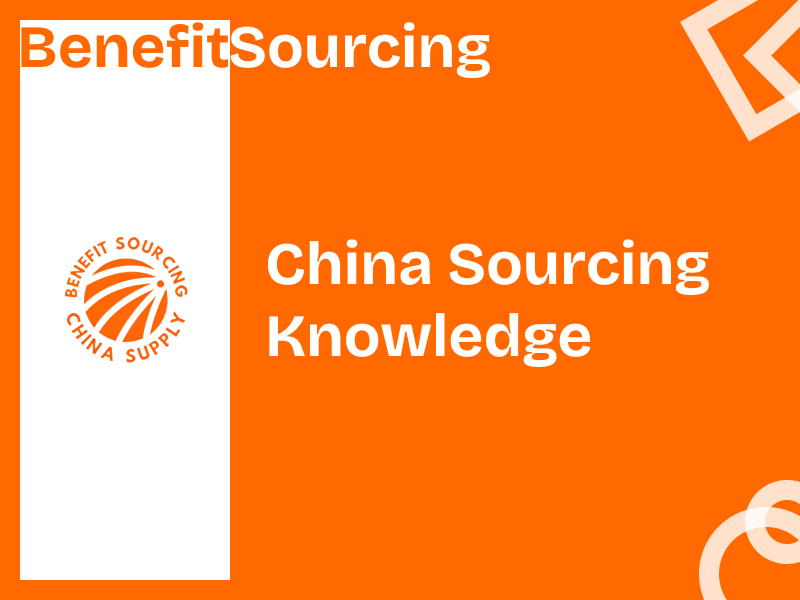Insurance Options for Financial Transactions

When engaging in international trade, particularly when sourcing products from overseas suppliers like those in China, securing appropriate insurance for financial transactions isn’t just optional—it’s a critical safeguard against unforeseen risks. For small-to-medium enterprises (SMEs), online sellers, and individual retailers, understanding insurance options can mean the difference between sustainable growth and catastrophic losses. Below, we break down practical insurance solutions tailored to businesses with limited resources and cross - border operations.
Why Insurance Matters for Cross - Border Transactions
International trade inherently involves risks such as shipment delays, supplier defaults, currency fluctuations, and geopolitical instability. For SMEs ordering smaller quantities or working with new suppliers, these risks are amplified. Insurance acts as a safety net, allowing businesses to:
- Recover costs if shipments are lost/damaged during transit
- Mitigate losses from non - payment by buyers
- Navigate legal disputes arising from contract breaches
- Protect against exchange rate volatility
Key Insurance Types for International Purchases
1. Trade Credit Insurance
This protects against buyer insolvency or prolonged non - payment—common concerns when dealing with unfamiliar suppliers. For instance, if your Chinese supplier fails to deliver paid goods due to bankruptcy, this insurance covers up to 90% of the invoice value.
Ideal for: Businesses extending credit terms to buyers or relying on a few key suppliers.
2. Political Risk Insurance
Changes in import/export regulations, sudden tariffs, or currency controls in the buyer’s/supplier’s country can disrupt transactions. Political risk insurance compensates for losses caused by:
- Government - imposed trade restrictions
- War or civil unrest disrupting shipments
- Inconvertibility of local currency
Example: A U.S. retailer importing electronics from China faces unexpected 25% tariffs due to new trade policies. This insurance helps offset the added costs.
3. Marine Cargo Insurance
Covers physical damage or loss of goods during transit by sea, air, or land. Standard policies typically include:
- All - risk coverage (fire, theft, accidents)
- General average contributions (shared losses during emergencies)
- Warehouse - to - warehouse protection
Tip: Always verify whether suppliers include “CIF” (Cost, Insurance, Freight) in their quotes, which means they handle marine insurance until the destination port. For door - to - door coverage, consider supplemental insurance.
4. Cyber Risk Insurance
Relevant for e - commerce sellers processing payments online, this covers financial losses from data breaches, ransomware attacks, or electronic payment fraud.
Steps to Choose the Right Insurance
-
Assess Your Risk Profile
- Identify high - risk areas: Are you importing fragile goods? Relying on new suppliers? Operating in politically volatile regions?
- Calculate potential losses per transaction to determine coverage limits.
-
Compare Providers Use platforms like Insureon or SimplyBusiness to get quotes from multiple insurers specializing in SME needs. Look for:
- Flexibility in coverage duration (e.g., single shipment vs. annual policies)
- Clear claim procedures and multilingual support
-
Review Exclusions Carefully Standard policies often exclude:
- Delays due to weather
- Supplier fraud (separate “fraud insurance” may be needed)
- Pre - existing damage to goods
-
Leverage Brokers Independent brokers can negotiate better rates and bundle policies (e.g., combining cargo and liability insurance).
Common Mistakes to Avoid
- Underinsuring to save costs: A $10,000 shipment might require $15,000 coverage to account for ancillary fees (customs, storage).
- Assuming Suppliers’ Insurance Is Sufficient: Many Chinese suppliers only offer basic coverage. Verify policy details and top up if needed.
- Ignoring Incoterms: Understand who bears insurance responsibilities under terms like FOB (Free On Board) vs. DDP (Delivered Duty Paid).
- Overlooking Local Compliance: Some countries mandate specific insurance types for imported goods.
Cost - Saving Tips for SMEs
- Pay - As - You - Go Policies: Platforms like CargoX offer per - shipment coverage, ideal for businesses with irregular order volumes.
- Group Policies: Join trade associations or cooperatives to access bulk insurance rates.
- Risk Mitigation Practices: Use secure payment methods (e.g., letters of credit), conduct supplier audits, and diversify suppliers to reduce premium costs.
By integrating the right insurance strategies, SMEs can confidently scale their cross - border operations while minimizing vulnerabilities. Prioritize transparency with insurers about your business model and supply chain specifics to tailor coverage effectively.
Need a sourcing agent in China?
Just send us your demand with the form below.